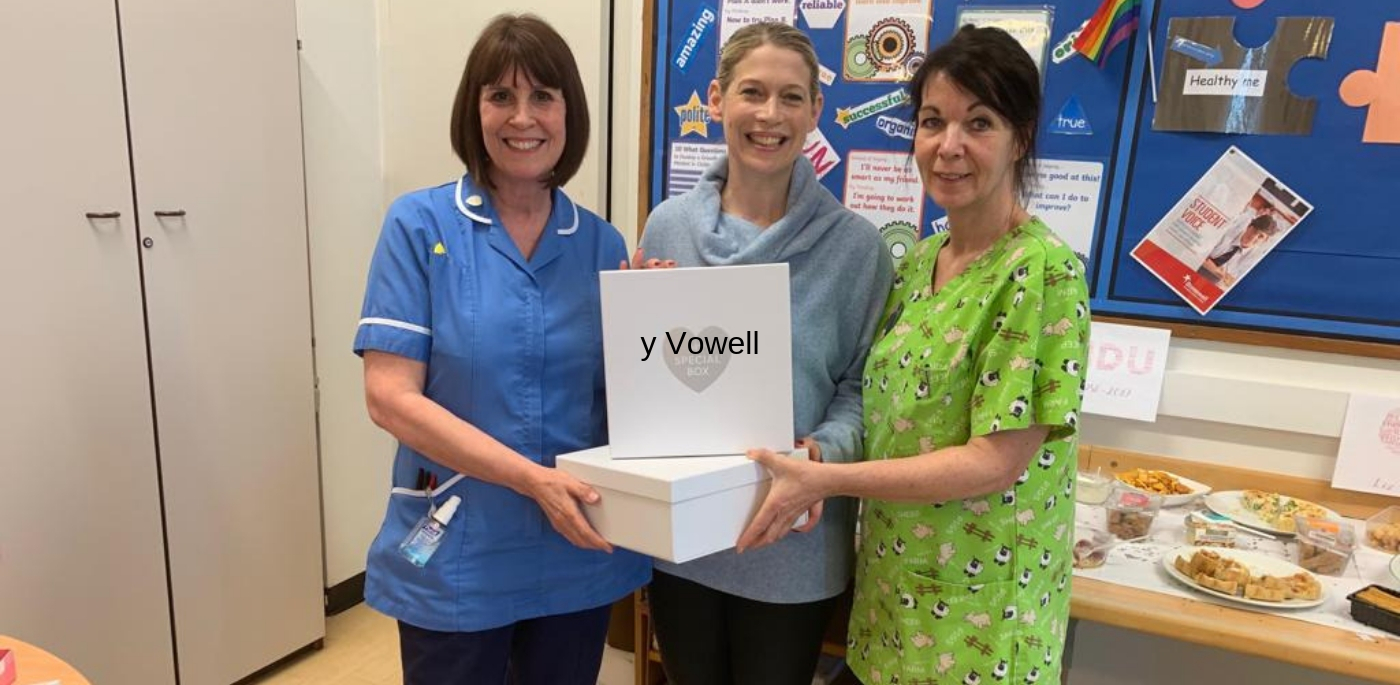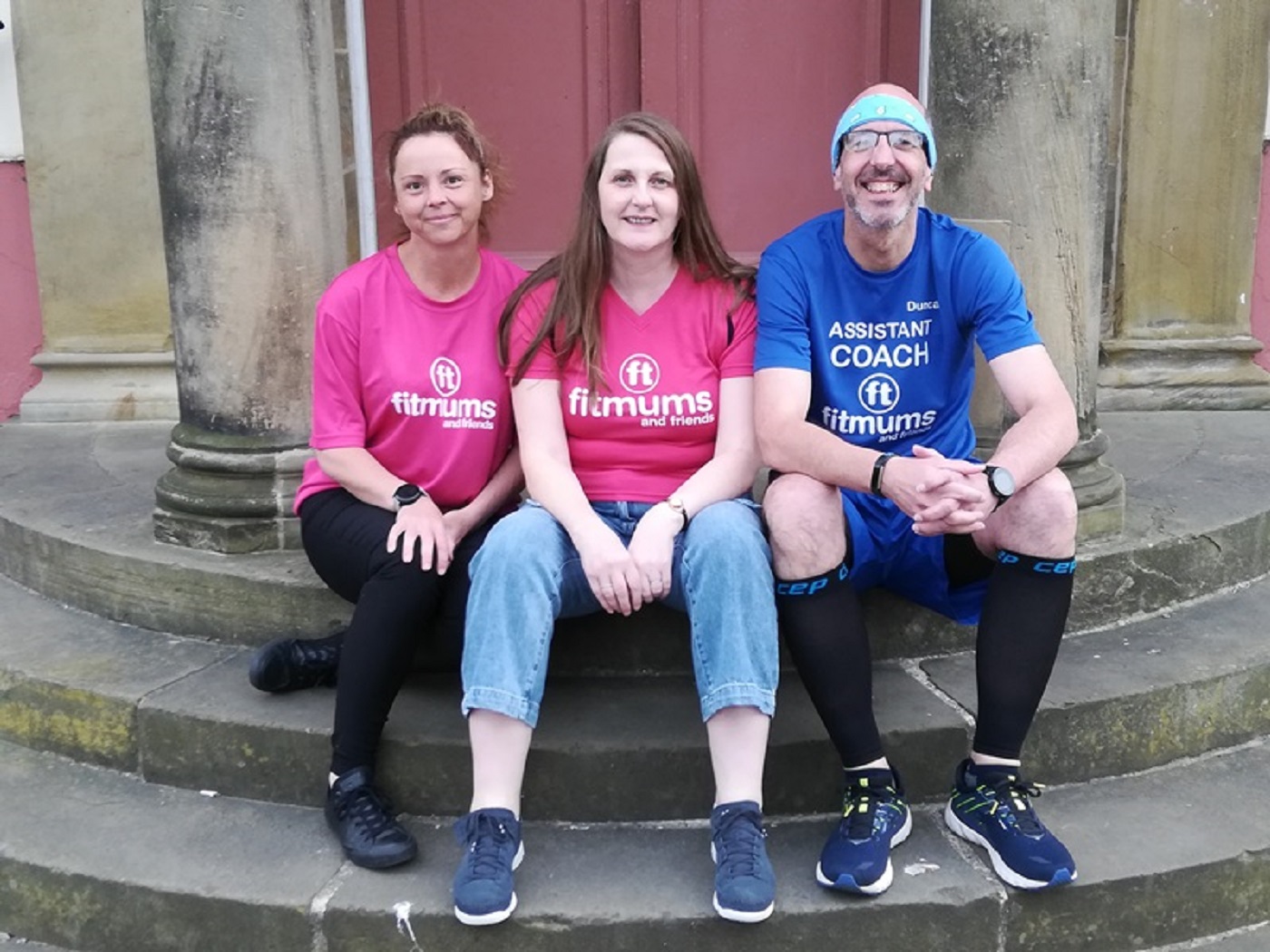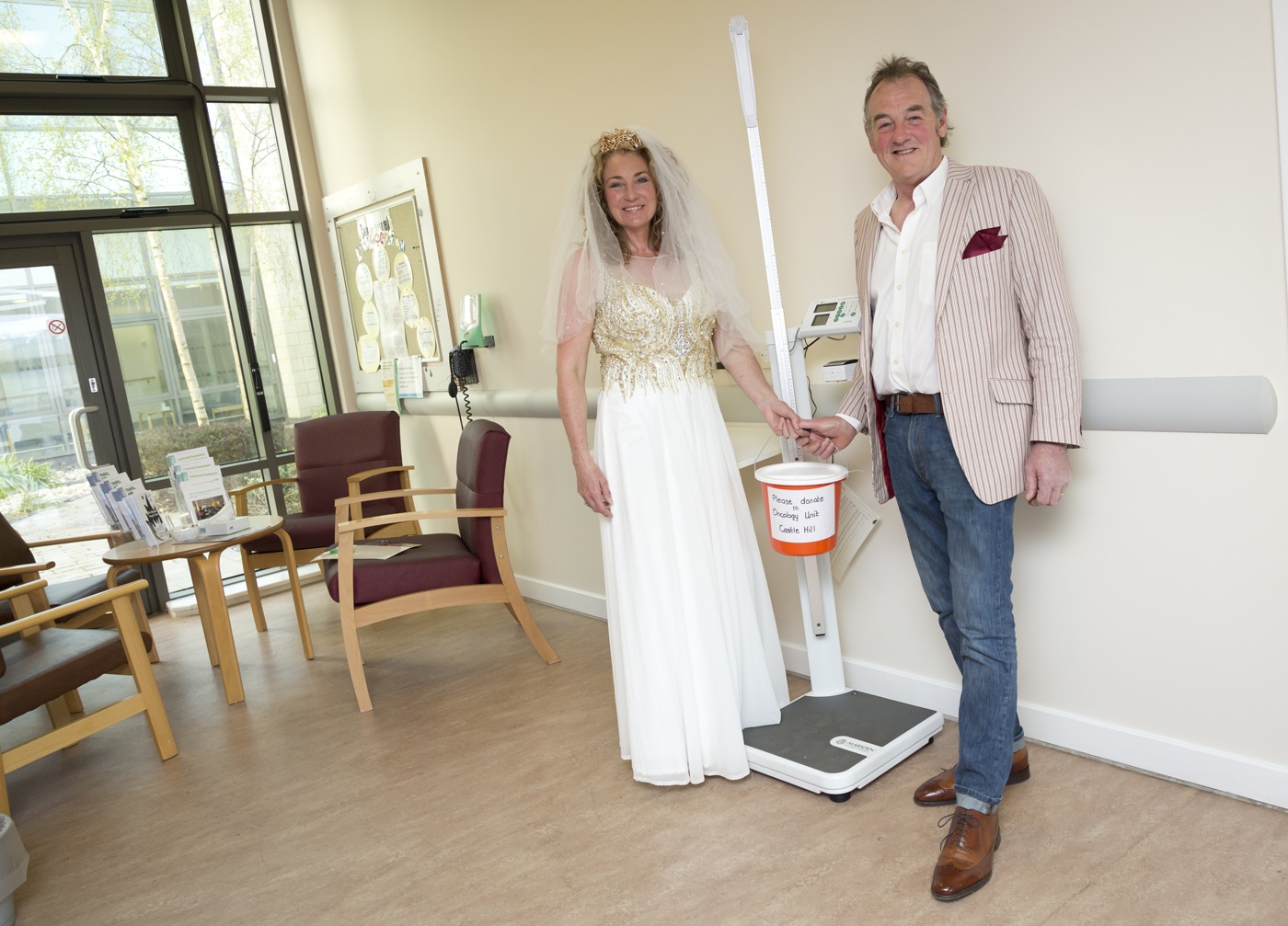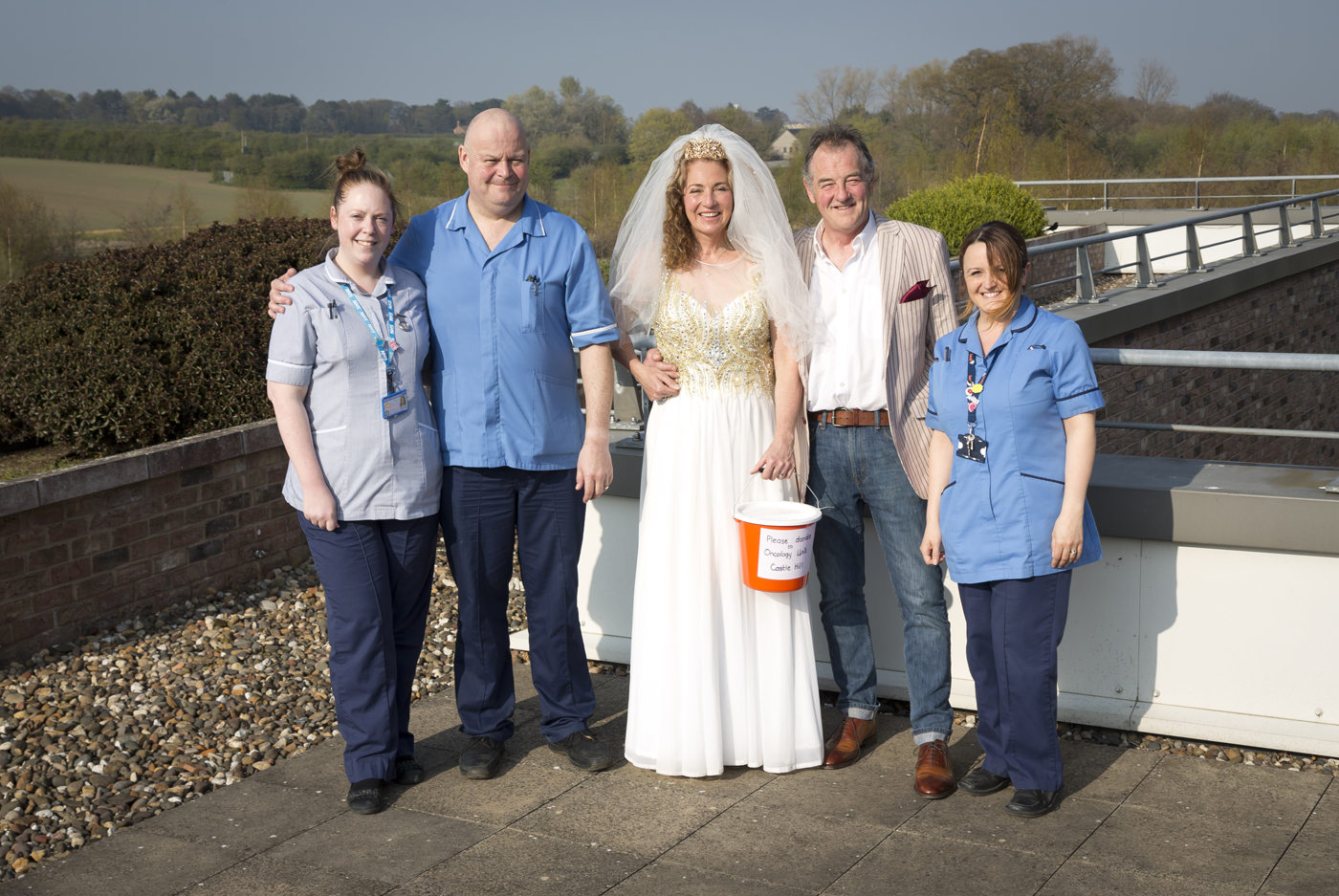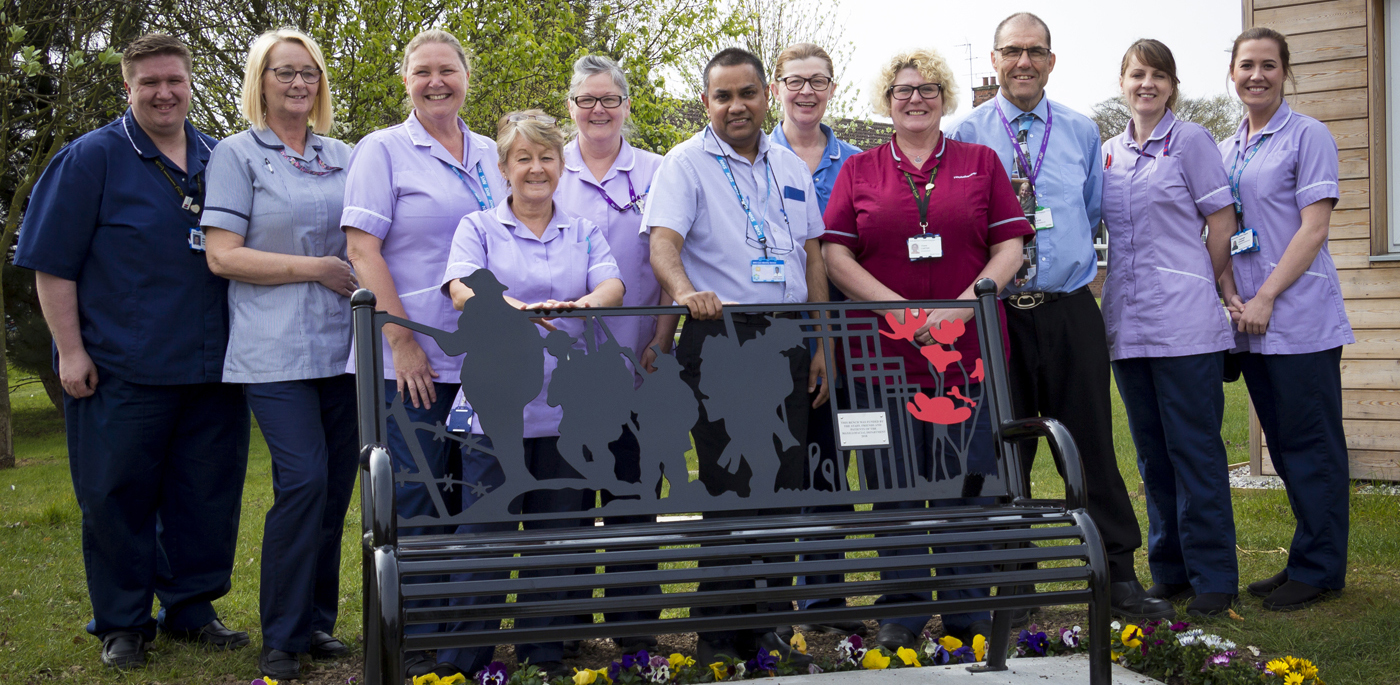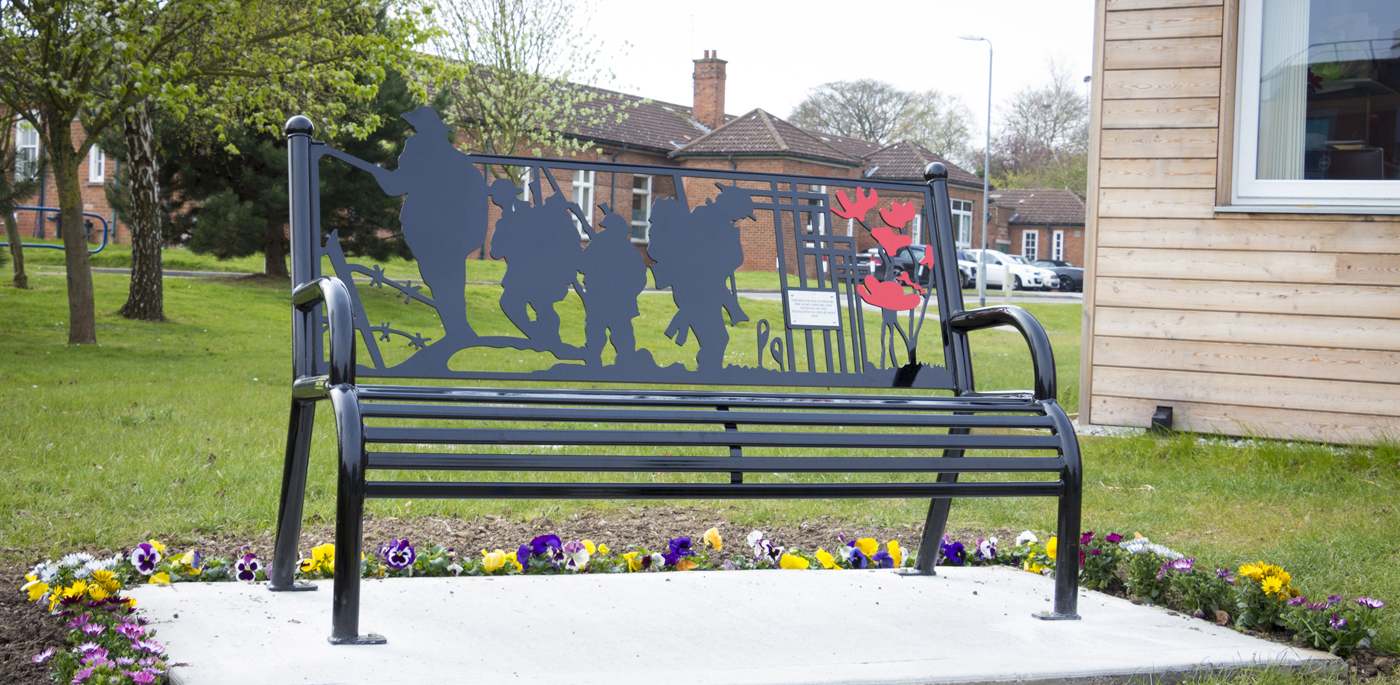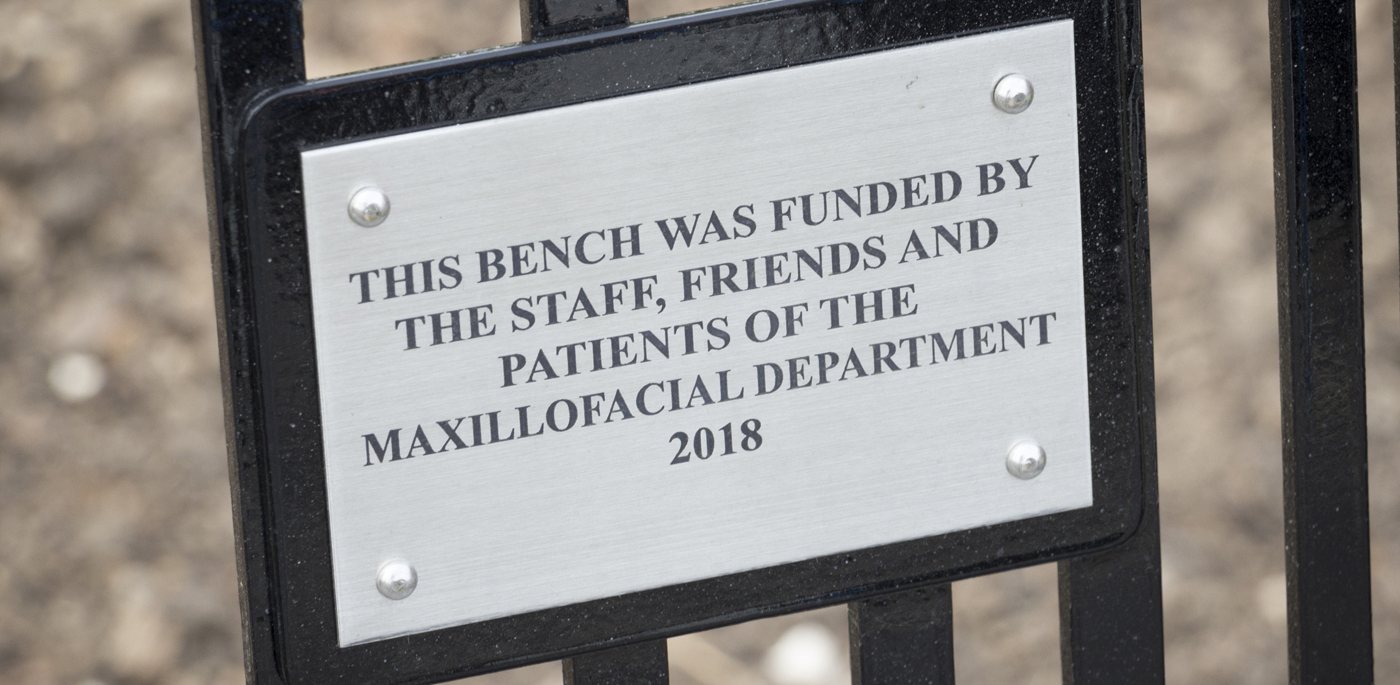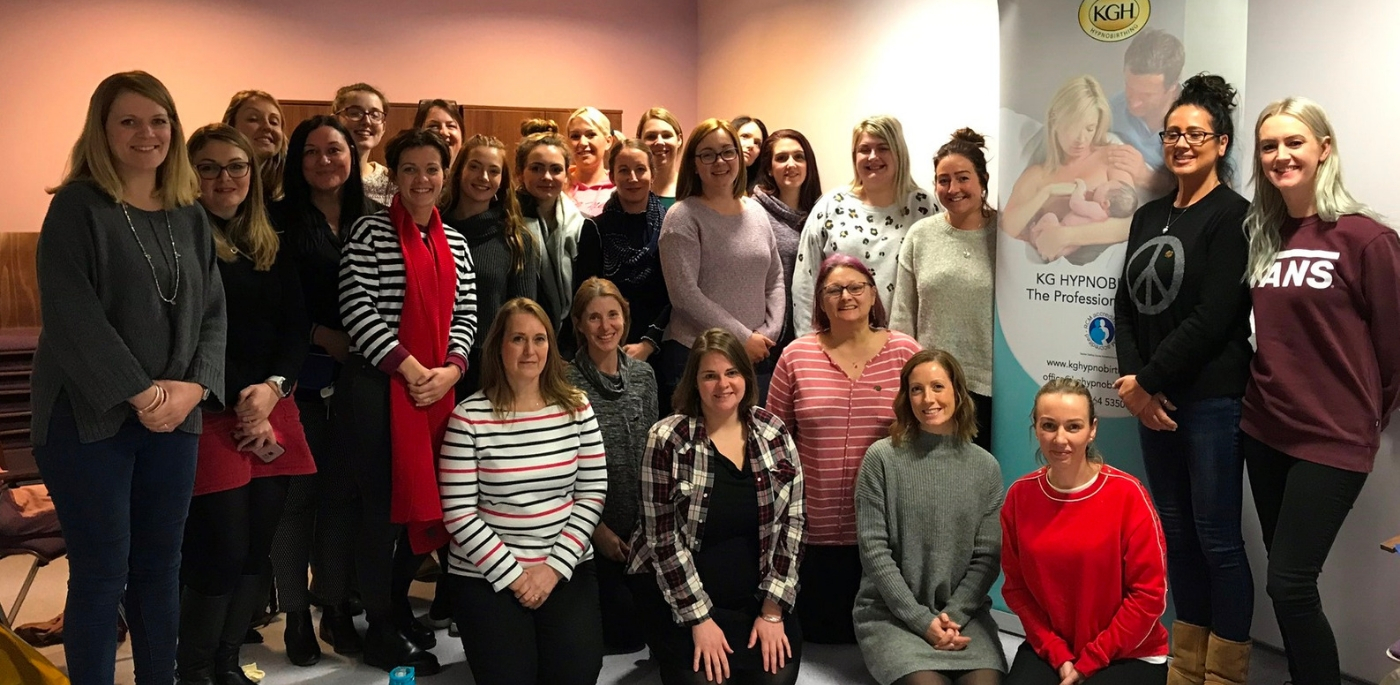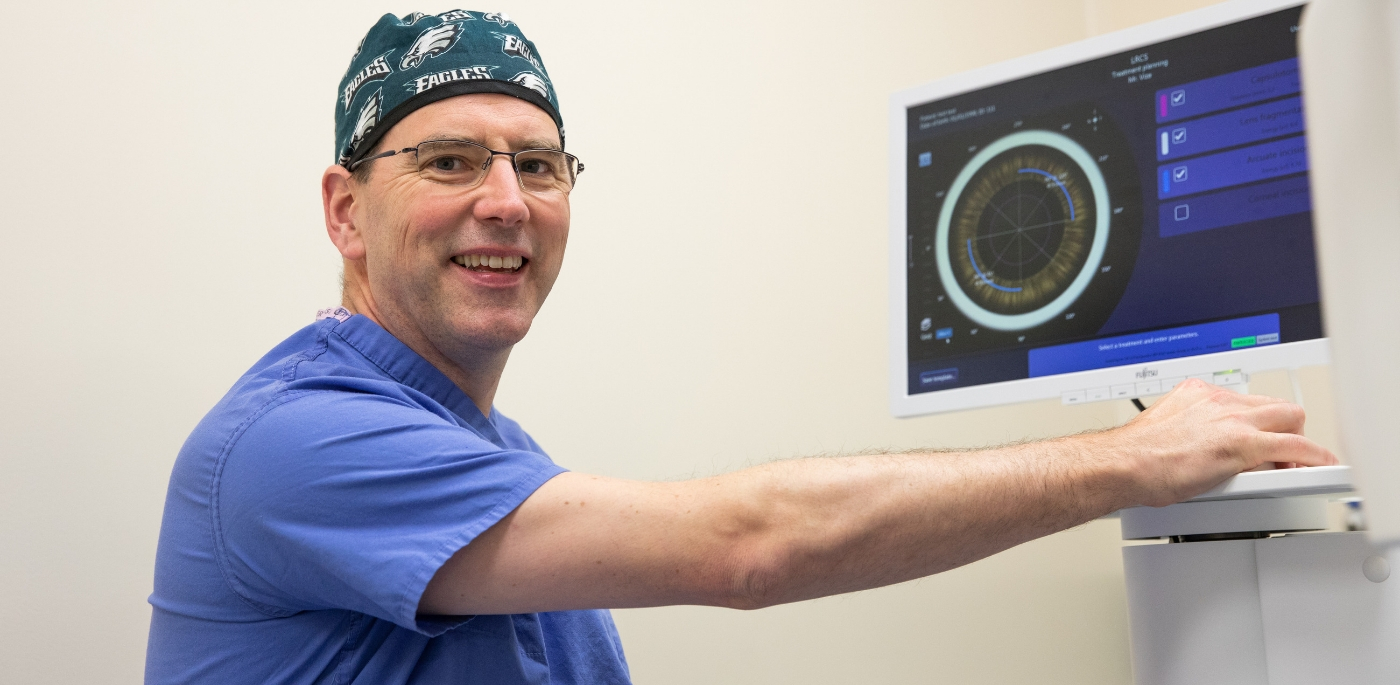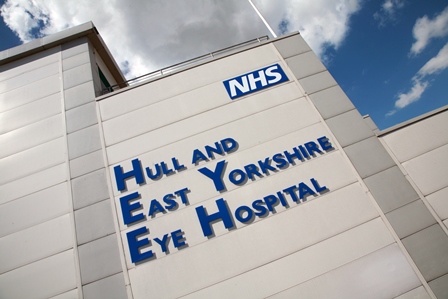East Riding of Yorkshire Council has introduced a two month swim session pilot, aimed solely at people who are experiencing cancer or who have been through cancer in the past.
The pilot sessions, which will take place at three leisure centres across the East Riding, will enable eligible people to swim with others who know what they have been through.
Many people going through cancer may wear wigs, prosthetics or aids to help them during or after their treatment. The cancer swim sessions enable people to feel comfortable removing these items, show their scars and swim with others who are in a similar situation to them without feeling judged or embarrassed.
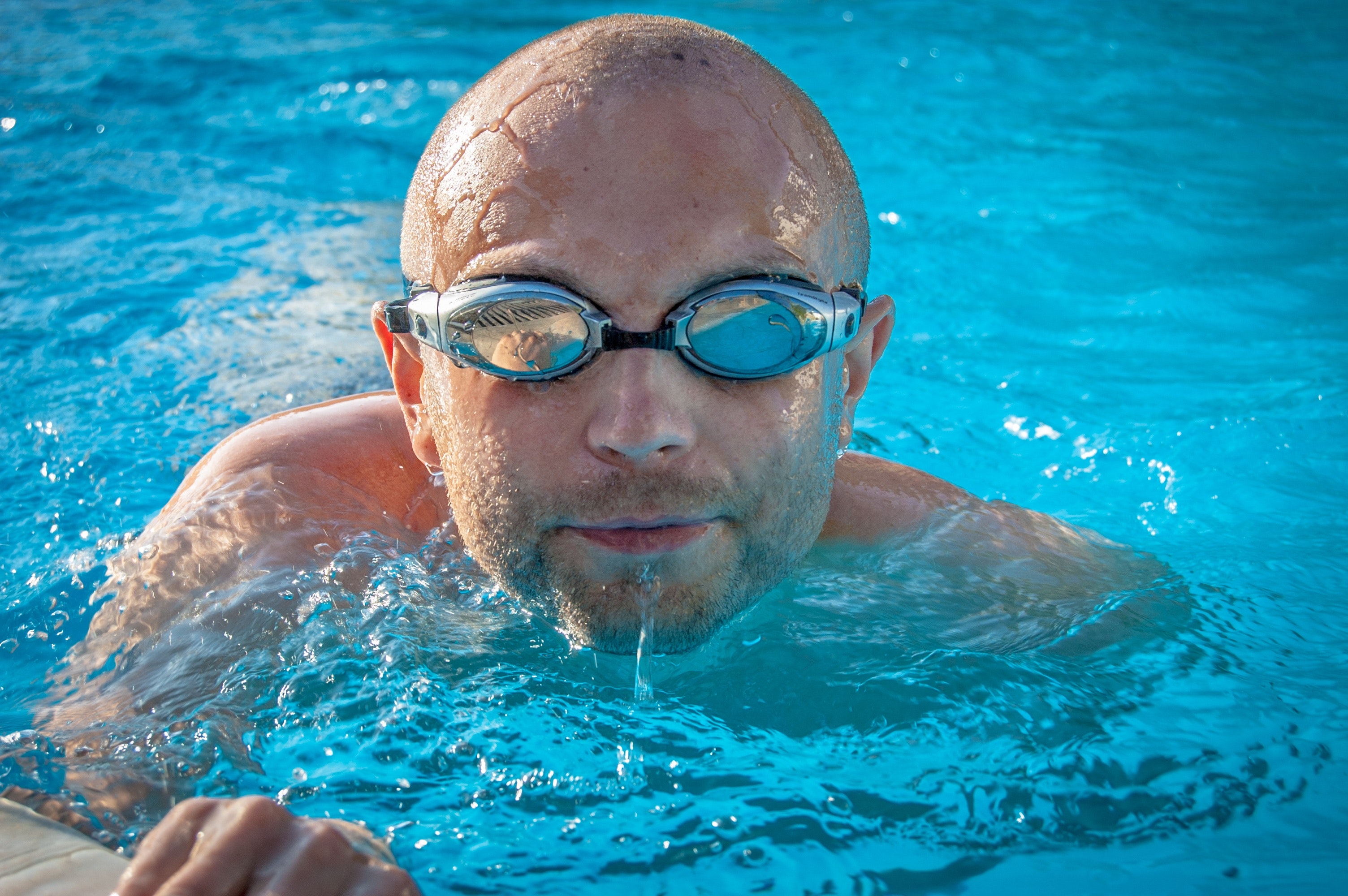
The viewing windows around the pool will be covered for the swimmers’ privacy and members of staff from the leisure centres have been trained as Cancer Champions, courtesy of the Cancer Alliance.
There is also the opportunity for swimmers to chat and socialise with people in the café afterwards.
Many people who are experiencing cancer are told by their GPs to maintain a healthy lifestyle, including physical exercise where possible. People should always check with health professionals that they are able to go swimming.
John Skidmore, director of adults, health and customer services, said: “During the council’s cancer awareness project, we have heard comments from people who are unable to continue swimming due to their diagnosis of cancer.
“We want to try to break down that barrier for them and help them to continue doing the hobbies or exercises they love doing without restrictions.”
The council is trialling the sessions for two months and the demand will be reviewed at the end of July. Any feedback received from the swimmers will be greatly appreciated.
Ian Rayner, head of culture and customer services, said: “We are delighted to offer these sessions to people who may need somewhere to go to be physically, mentally and socially active.
“We want swimmers to know that they can feel comfortable attending these sessions and that everything is being done to make their visit a pleasurable and rewarding experience.
“Our trained staff are keen to exercise their knowledge about cancer and physical activity in general and we hope that this gives the swimmers an even better experience at our leisure centres.”
The pilot will start on Thursday and will run until the end of July.
Participating leisure centres include:
- East Riding Leisure Francis Scaife Tuesdays from 1-2pm
- East Riding Leisure South Holderness Thursdays from 3.15-4.15pm
- East Riding Leisure Withernsea Tuesdays and Fridays from 2-3pm
To find out more information about cancer awareness, visit www.eastridinghealthandwellbeing.co.uk
To become involved in the council’s one-year cancer awareness campaign as a case study or a supporter, email Kimberley.nichol@eastriding.gov.uk or call (01482) 391444.


